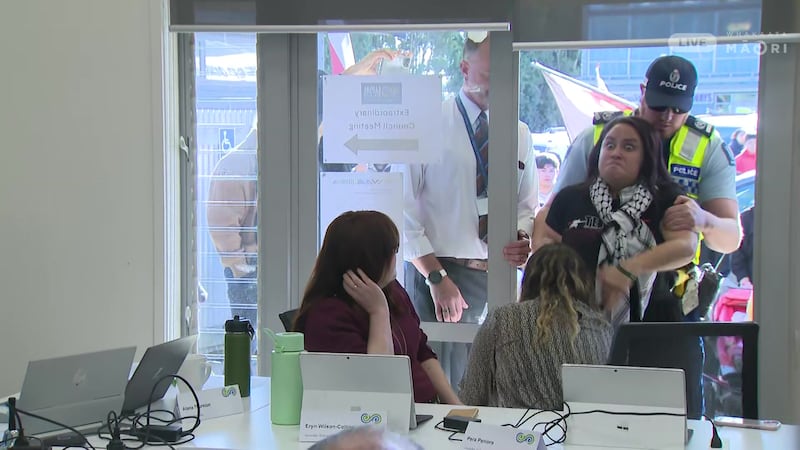Opinion
The fate of the Māori wards rests firmly in the hands of Māori voters.
Changes to the Local Government Act will mean Māori wards on councils can be effectively wiped out after one term – if we let them.
Strong opposition against the coalition government’s push to reinstate the ability for citizen-initiated polls exclusively for Māori wards has seemingly been ignored by the government.
That opposition now needs to be turned into support for the wards themselves when the mandatory polls in the 30 territorial authorities are held next year.
Kaipara District Council has already voted to abolish its one Māori ward. Ands Upper Hutt City has rescinded its support for the Māori wards expected to be introduced at the next election.

Many others have chosen to maintain theirs, which forced a referendum at the next local council elections in 2025 under the amended law.
That puts the fate of those seats firmly back with Māori.
Low voter turnout has been an issue for many elections, especially at local government level. Māori, in particular, have one of the lowest turnout rates.
Data from the 2022 elections isn’t easy to source but an RNZ report provides a snapshot of how Māori voted.
It wasn’t pretty.
Almost three-quarters of eligible voters on the Māori electoral roll didn’t cast a vote.
It cites data from South Taranaki District Council as an example. Overall, the turnout was poor - only 39 per cent of all eligible voters cast a vote but the Māori ward votes were almost a third lower than that.
In another district, the losing mayoral candidate received 2000 votes more than all the Māori ward candidates combined. The least popular mayoral candidate still received 200 more than the successful Māori ward councillor.
That shows the desperate need for Māori voters to use their democratic rights and show support for Māori councillors where it counts the most.
There have been good turnouts at demonstrations and ‘activations’ about all sort of concerns involving government policies but, ultimately, these polls are the last chance to let the councils and government, know Māori are wanted in running districts and the country. Or not.
If Māori don’t vote, those who don’t want Māori wards - like Hobson’s Pledge and The Taxpayers’ Union - will have their way by default.
It’s imperative that those who have taken to the streets, protested outside council chambers or posted their views on social media, need to follow up at the ballot box and encourage their whānau and friends to do the same.
It will be a real shame to see existing Māori wards removed because Māori failed to turn out when it mattered most.
It will also be a smack in the face for Nanaia Mahuta who copped a lot of racist, misogynistic and personal abuse for leading the push to change the law to allow Māori wards to be established without the expense of a citizens poll.
In 2022, 54 people were democratically elected as Māori ward councillors as a result of this law change. They now face the prospect of being removed by another.
Their fate is in our hands e te iwi. Kei moumou!


